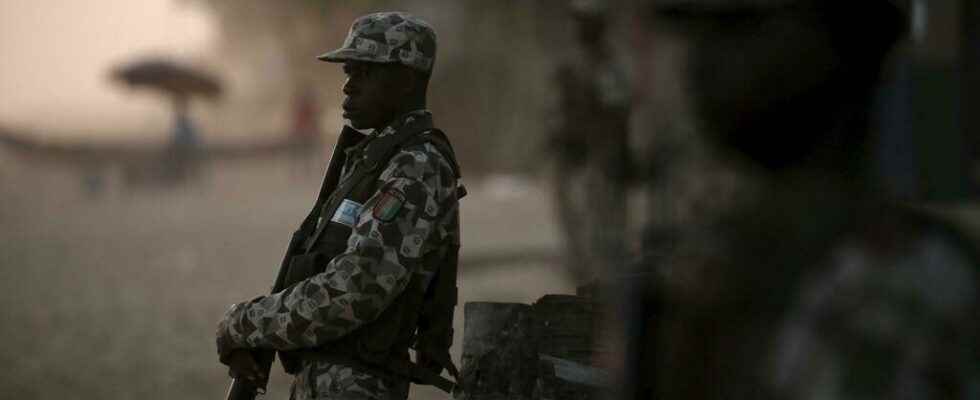In Dakar, the forum on peace and security in Africa ended on Monday evening. For two days, politicians, soldiers and researchers exchanged views on security issues. At the center of concerns in particular, the extension of the jihadist threat from the Sahel to coastal countries. Benin and Togo were recently affected by attacks in the north of their territory, as was Côte d’Ivoire earlier this year.
With our special correspondent in Dakar, Pierre Firtion
For 18 months, the situation has clearly deteriorated. Nothing very surprising for Alain Antil, researcher at IFRI, because sleeper cells of jihadist groups are present in some of these countries …
“ The extension does not happen by chance. The sjihaidts will take advantage of prior tensions between communities or between certain communities and central states to come and provide services and be accepted locally. Prior to the arrival of violence, there is a whole lot of work I would almost anthropologically think of to find allies and points of support. “
States should not wait for violence to set in before taking action, believes the researcher, but respond quickly to local frustrations, which may result, for example, from different land tenures. To coordinate better, Côte d’Ivoire, Benin, Togo, Ghana and three Sahelian countries relaunched last April the Accra initiative, a security forum created in 2017.
“ There are new regular meetings where countries share information, and this is very important since these are cross-border phenomena that stakeholders on both sides of the border can inform each other about dubious movements. , of what they do and possibly to set up joint police or even military operations. “
The last joint military operation thus took place on November 26 between Burkina Faso, Côte d’Ivoire, Togo and Ghana. According to a diplomat, the idea would now be to go further by intensifying judicial cooperation between these states.
► To read also: “Expansion project” of al-Qaeda: Ivory Coast and Benin facing the jihadist threat
